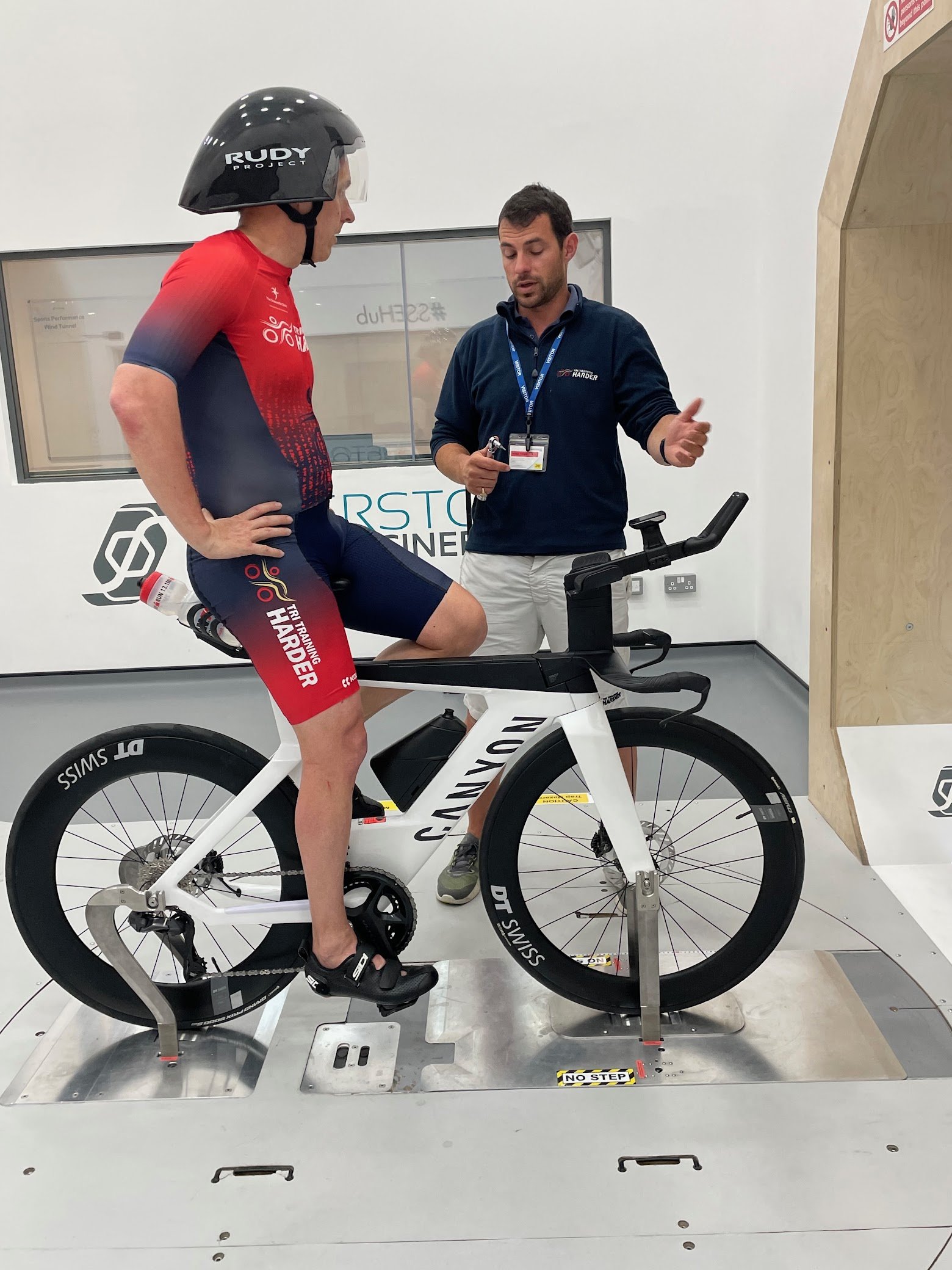Are you coachable?
This article explores the concept of coachability and how mindset, vulnerability, and self-talk play vital roles in an athlete's development. It discusses the differences between fixed and growth mindsets and explains why openness to feedback and embracing vulnerability are crucial for success.
In sports, particularly endurance sports, the question "Are you coachable?" is frequently raised when discussing an athlete's potential and development. While the fundamental answer is yes—everyone is coachable—the reality is more subtle than that. Coachability is not uniform; it varies with an athlete's mindset, stage of development, and willingness to be vulnerable. At one point, what resonates with an athlete may not have worked for them the year (or even week) before!
The Reality Gap and the Safety Net
Many athletes are passionate about their performance goals and articulate ambitious plans. However, a reality gap often separates the goals and the commitment required to realise them. One strategy athletes use reminds us of students who downplay their revision efforts to excuse poor results or portray an image of effortless success. These patterns often demonstrate a fixed mindset.
Athletes with a fixed mindset tend to seek external responsibility for their performance and avoid situations where their true ability is revealed. They often create "safety nets" of excuses to cushion potential failures or present themselves as "non-serious athletes" to avoid pressure and disappointment. On the other hand, athletes with a growth mindset see every challenge (e.g., a race, training session, or test) as an opportunity for development. They embrace feedback and view results as stepping stones toward greater success.
Like the student who boasts about exam results without studying, these athletes protect their egos by avoiding their reflection. If their performance is not good enough, they can justify it with excuses. These athletes protect their egos by avoiding facing reality, and either are successful (ego boost) or have a good reason for not performing. It could be not training enough, or even training too much: deliberately going into the race tired (This is “my C race”). As the size of the competition increases, there are often more external explanations for poor performances, but rarely any accountability. Self-preservation mechanisms serve a purpose but can also hinder athletic development.
Being Coachable
All athletes are coachable, but the extent to which they are coachable depends on creating a psychologically safe environment where they can be vulnerable and openly discuss challenges and fears without judgment. Vulnerability and coachability go hand in hand. They enable trust and allow honest feedback to be received and applied.
Some athletes can quickly establish trust and adopt vulnerability, and good coaches play a vital role in creating this safe space. A coach can keep nourishing the environment for coachability, but the athlete must still allow themselves to be vulnerable and coached!
Athletes must regularly challenge their personal narratives. What stories do you tell yourself after good or bad performances? How do you respond to challenging test sessions? Do you create "safety nets" of questionable excuses, or are you taking accountability for your performances? What does your internal dialogue say? Athletes must be willing to question their training approaches and belief systems, allowing them to learn from every session. That is often started by recognising that you can get better and learn from every interaction.
Great athletes see all types of feedback as an opportunity to improve, whether it's a good or bad race, training session, or coaching interaction. Coachable athletes are open to constructive criticism and understand that any failure is a stepping stone towards their main goal. Those are the traits of coachability. It requires more than just doing what the coach says! It is about being willing to be vulnerable and face your weaknesses to improve them.

Philip is the founder of Tri Training Harder LLP. He’s a British Triathlon Level 3 coach, and has been coaching for over a decade and is involved with mentoring and developing other coaches.
Philip has coached athletes to European and World AG wins, elite racing, many Kona qualifications, IRONMAN podiums and AG wins.
Alongside the conventional development through many CPD courses, he has also been fortunate enough to work alongside experts in the fields of Physiotherapy, Strength and Conditioning, Nutrition, Psychology, Biomechanics, Sports Medicine. Putting this knowledge into practice he has worked with thousands of athletes to various degrees, from training camps in Portugal and around Europe, clinics in the UK and online coaching.
Visit Philip's
Coach profile
We’re here to help
Tri Training Harder are one of the leading Triathlon coaching providers in the UK, using our wealth of experience to unite scientific and technological research with already well-established and successful best practices, to create a formula for triathlon and endurance coaching that works.
The result is an honest, dynamic, yet simple new way of constructing an athlete’s training to allow them to reach their potential.
If you’re planning your next season, just starting out in the sport or are looking for extra guidance at the very top end of the field, we are here to help, and our coaches would be delighted to hear from you. You can contact us via the website, and one of the team will be in touch.

